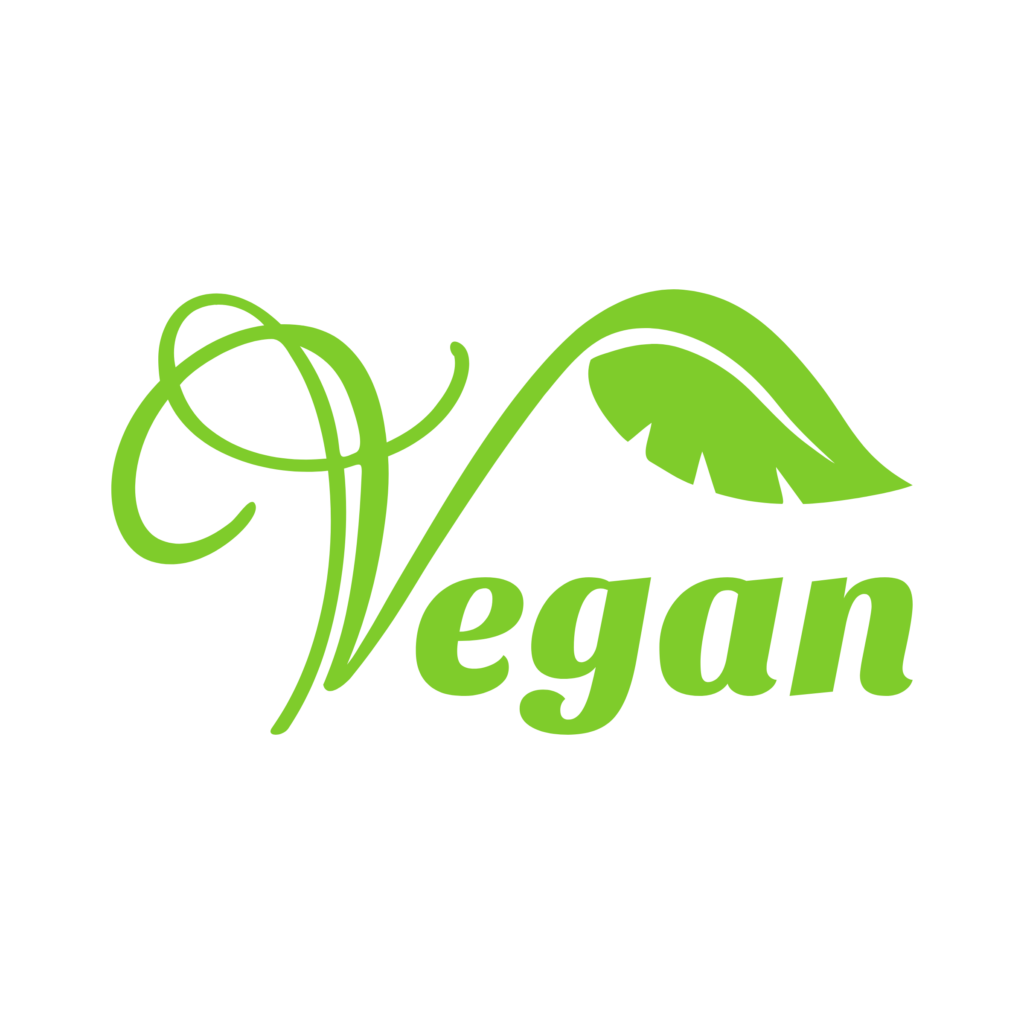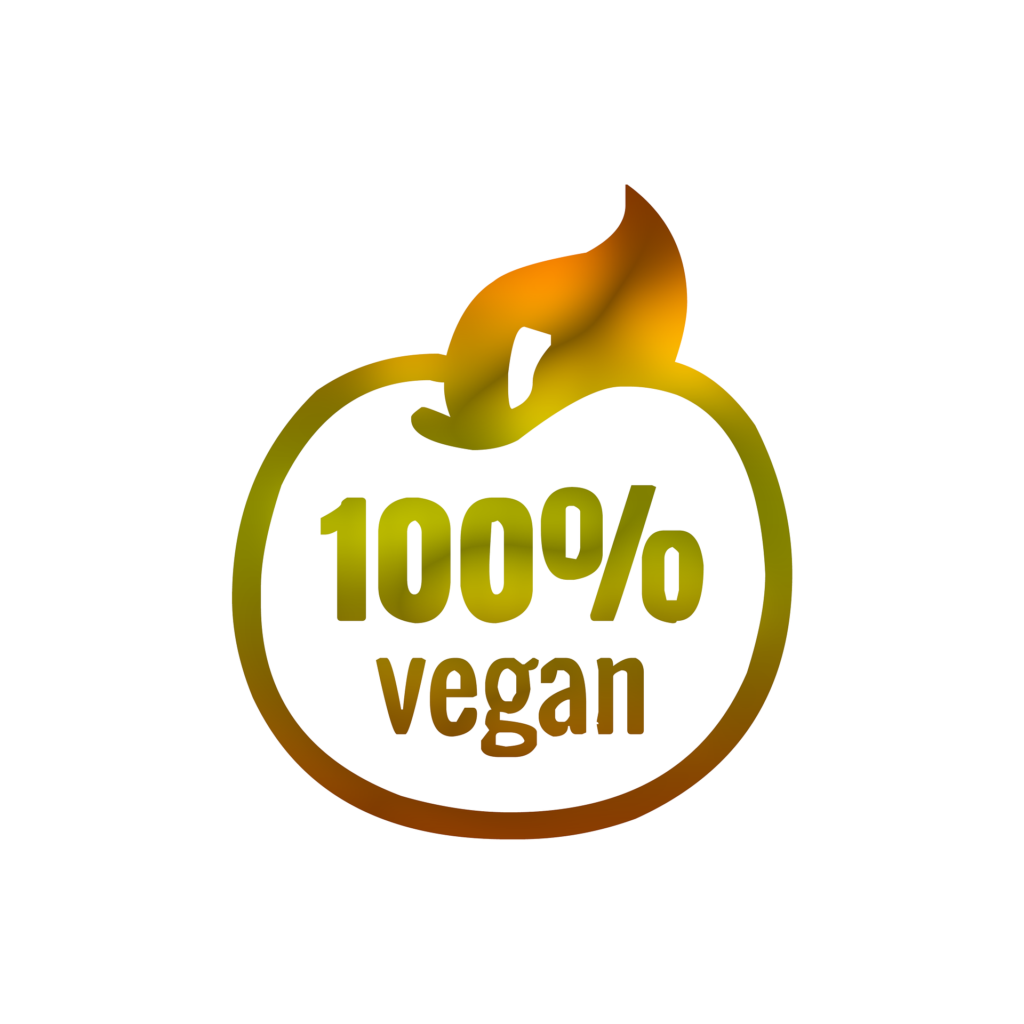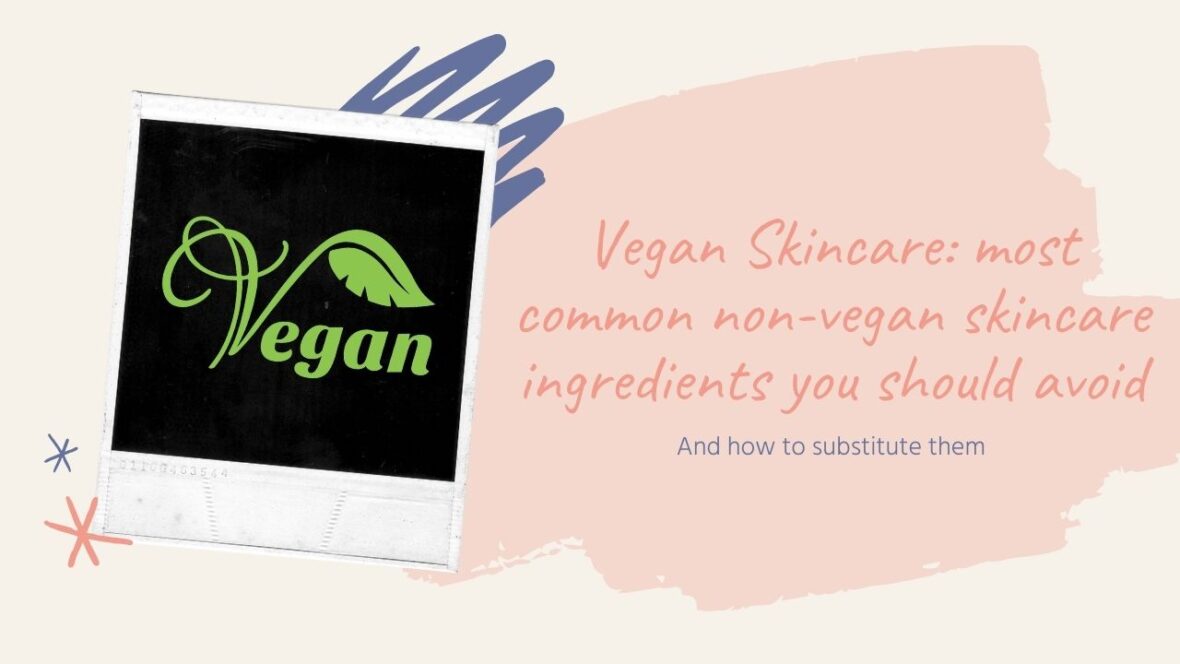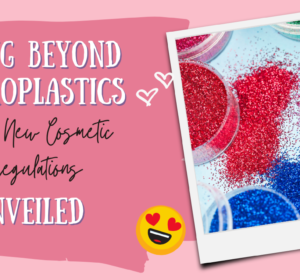Veganism is a lifestyle. People who practise it do not use or consume animal products or products involving animals in any way. The reasons why people are vegan are widely spread and, to mention a few as examples, can include religion, health issues, or concern about animal´s life. Veganism also includes the cosmetic, and therefore, cosmetic brands are launching vegan skincare collections.

Vegan Skincare and Makeup
The vegan movement is advancing very quickly. While a few years back, the word vegan was not so popular and was strange for many people, nowadays a lot of people practise veganism and the majority of people know the meaning of the word. Therefore, it is not surprising then that different makeup and skincare brands are adapting their product to that tendency.
In terms of cosmetics, a product is vegan when it does not contain any ingredient derived from animals and is cruelty-free, which means not tested in animals. It is important to mention that all vegan products are cruelty-free, though not all cruelty-free products are vegan.
We used to think of cosmetic ingredients as complicated chemicals, using animal-derived ingredients is part of the manufacturing process. However, a chemical compound can be vegan if the synthesis does not use any animal derivative compound. Though you can think that the variety of vegan ingredients used in cosmetics is not huge, there is a great range of products to use instead.
One important and a very common misconception is that vegan compounds do not show the same performance as non-vegan ingredients. However, that is not true and will depend on the cosmetic itself rather than on the fact that the product is or is not vegan. There are amazing products as well as awful ones both vegan and non-vegan options.

How to formulate vegan skincare products
When brands formulate vegan cosmetics, they must avoid any ingredient coming from or which may cause harm to any animal. Keeping that in mind, formulating vegan products is as easy as carefully choose the source of the ingredient. When brands formulate vegan cosmetics, they must avoid any ingredient coming from or which may cause harm to any animal. Consequently, formulating vegan products is as easy as carefully choose the source of the ingredient. For most of the non-vegan ingredients, there is a vegan alternative available to make a product vegan. Therefore, when formulating a vegan product, the manufacturer may need to substitute some ingredients or avoid the use of others.
Obviously, that does not make the product inferior, as they normally choose ingredients with similar characteristics to the animal-derived one. When modifying the formula of a product to get the vegan version, the percentage of the substituted ingredients may change compared with the original one.
Vegan Skincare Ingredients to substitue the most common non-vegan ingredients to avoid
If you want to buy a vegan product it is important to carefully read the ingredient list, as it may contain any product derived from animals. However, if you do not know what ingredients you should avoid you may use a product thinking it is vegan when it is not. The main non-vegan ingredients to avoid are:
Beeswax
Beeswax is the main product used for building honeycomb. There is a huge business based on the exploitation of bees for pollination and honey. You can find beeswax in body balms, lip balms and mascaras. Alternatively, vegan options to beeswax are plants and soy-based wax, as candelilla wax.
Shellac
It is a resin obtained from female lac bugs. Thousands of them died to obtain a small amount of resin. This ingredient is mainly used for nail products and the substitute product is a protein called Zein, which can be found in Maize.

Glycerine and vegan skincare alternative
This is a tricky ingredient as it can come from plant and animal sources. Therefore, it is important to look for vegetal glycerine in the ingredient list.
Glycerine can also appear in the ingredient list as 1,2,3-propanetriol, glycerol, glycerine and glyceryl alcohol.
Horns, feathers, or animal hair are the main source of animal-derived glycerien. It is part of soaps, hair care products, makeup products or moisturisers. Vegetable glycerine source is mainly soya or coconut oil.
Lanolin
Lanolin is a wax taken from the glands of sheep and other animals which produce wool. The main cosmetic use is to lock moisture in our skin. Coconut and olive oil are the main vegan alternatives to lanolin. Castor oil is also a good alternative.
Retinol
Retinol is normally derived from animals. However, it can also come from some plants and, what is more important, we can synthesise it in the laboratory to mimic the molecule found in nature.
It can appear in the ingredient list under different names, such as Retin-A, retinyl palmitate, adapalene, isotretinoin.
Retinol extraction from animals produces a variety of forms of vitamin A and is very common in anti-wrinkles or eye care products. The vegan alternatives are pumpkin seed oil, hemp oil, and bakuchiol, which is becoming very popular and is known as the vegan retinol.
Carmine
Other names for this compound are CI75470, E120, carminic acid, cochineal, Crimson Lake.
It has been used from ancient times as red pigment, mainly for lip products. It comes from the shell of a female insect, the Cochineal insect, which dies during the process. To get 1 pound of red dye, we need to boil and crush more than 70000 beetles.
That ingredient is easily substituted by synthetic pigments.

Squalene
Squalene derives from shark liver oil. It is in the formula of lip balms, deodorants, or some moisturisers. There is vegan equivalence derived from some plants, such as olive oil or wheat germ oil.
Guanine
It is a crystalline material obtained from fish scales. It is used in nail polishes, some eyeshadows, bronzers, or products with a glitter effect. Alternatively, mica, rayon and certain legumes produce a similar product.
Silk Powder
Also called silk peptides, silk proteins or silk amino acids, silkworms are the silk producers, The process for obtaining the silk involves boil the silkworms when they are in their cocoon. Silk powder is an ingredient of facial powder, soap, and deodorants. Vegan products use arrowroot powder as an alternative.
Keratin
Hair and horns are rich in keratin. This ingredient is very common in nail and hair products. As vegan alternatives, we can mention some amino acids found in nuts and berry oils such as almond, avocado, and sea buckthorn oil.
There are many other non-vegan ingredients, but I do not want to make a never-ending list. I mentioned only the most common. For a full list of non-vegan ingredients, you can read the list published by PETA.
Do you use any vegan skincare products? Let me know in the comments.

Do you want to download this information? Click the button below.
[subscribe_to_download_form]
Bear in mind that some of the links in this post are affiliate links and if you go through them to make a purchase I will earn a commission. Keep in mind that I link these companies and their products because of their quality and not because of the commission I receive from your purchases. The decision is yours, and whether or not you decide to buy something is completely up to you.



